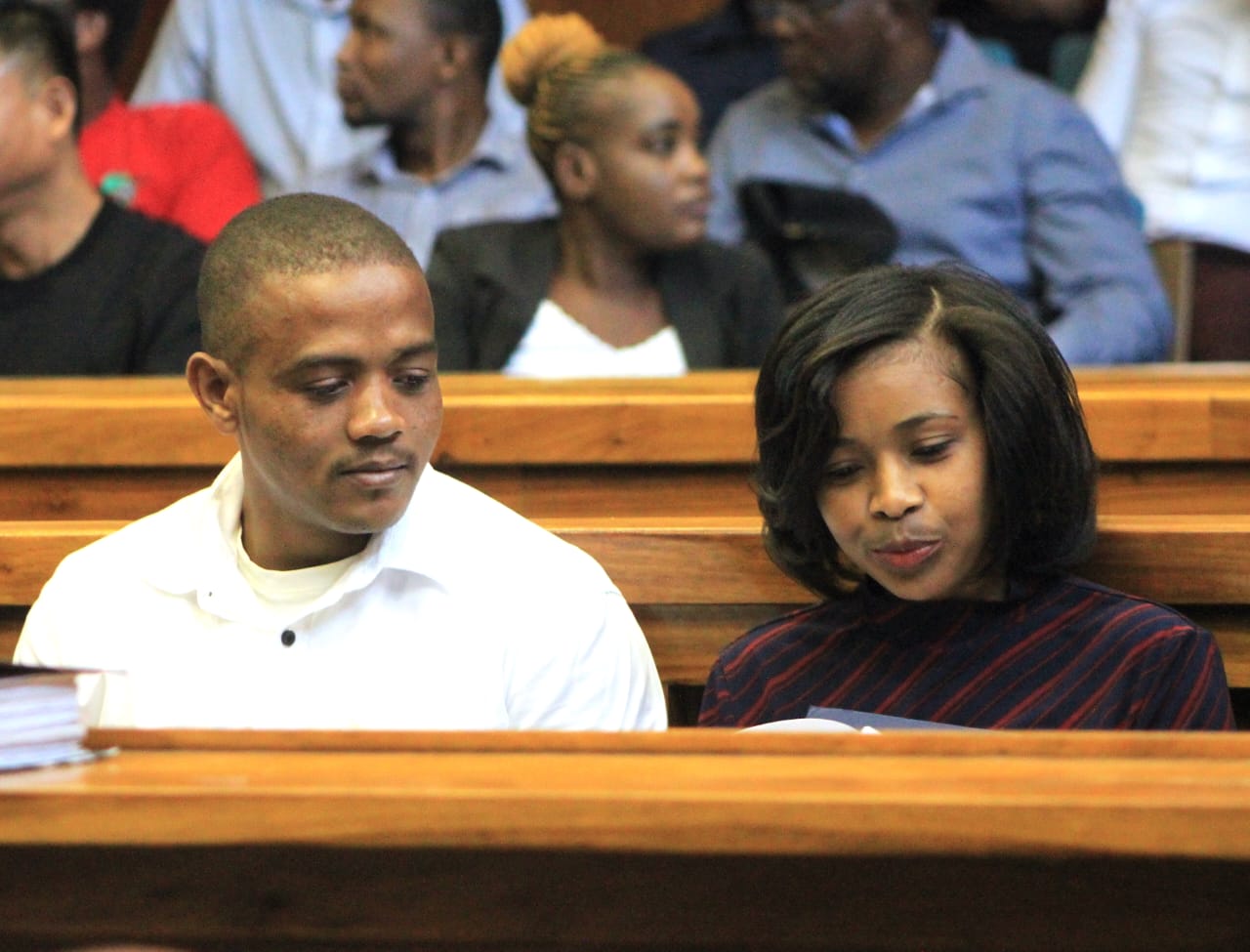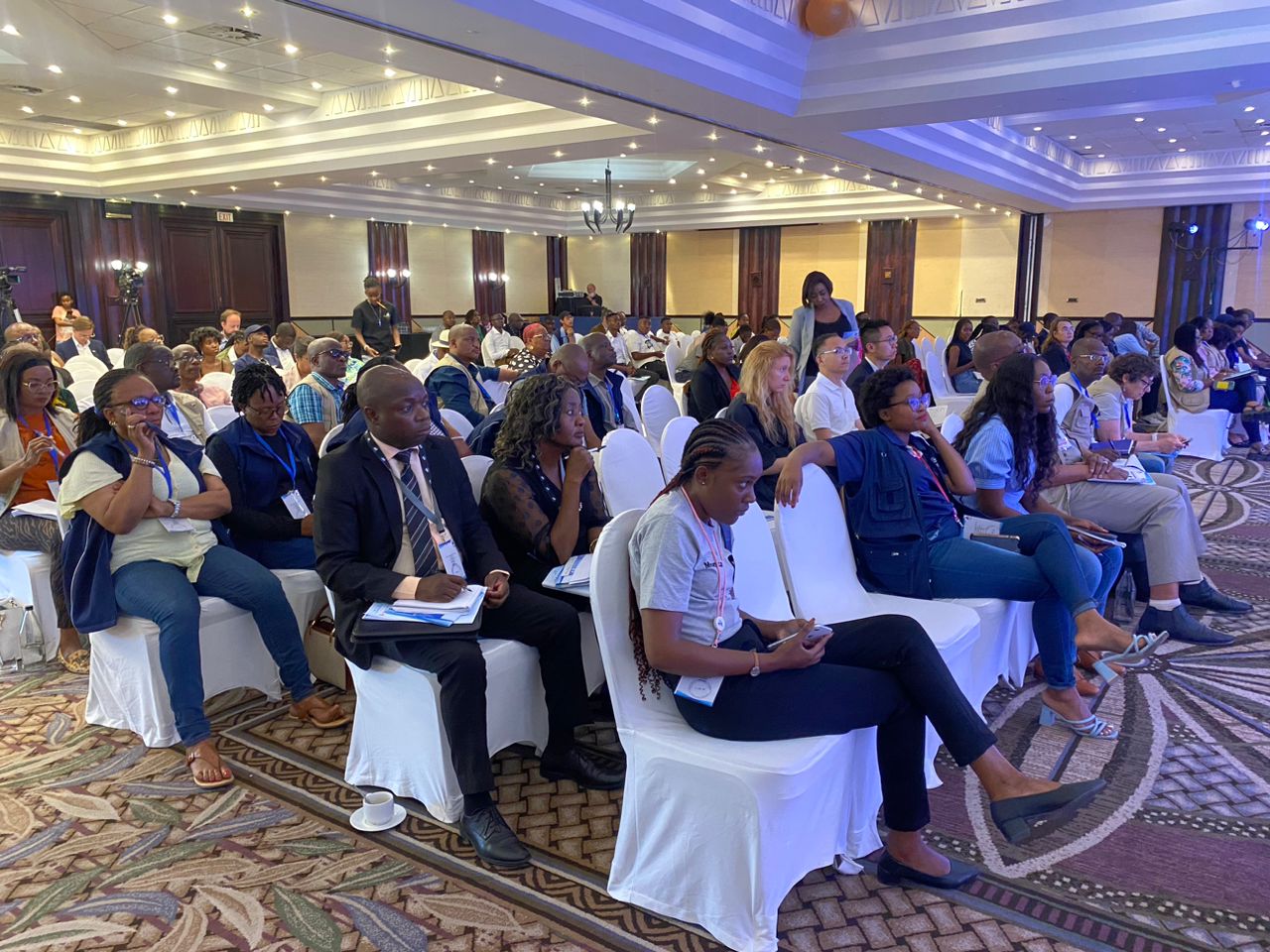Higher education, technology and innovation minister Itah Kandjii-Murangi says the acceleration of biotechnology in national development can contribute to poverty alleviation and catalyse sustainable economic development.
Bioeconomy refers to the knowledge-based production and use of biological resources to provide products, processes and services in all economic sectors within the frame of a sustainable economic system.
It is the production, utilisation, conservation and regeneration of biological resources, including related knowledge, science, technology and innovation, to provide sustainable solutions (information, products, processes and services) within and across all economic sectors to enable a transformation to a sustainable economy.
Bioeconomy includes sustainable agriculture, sustainable fishing, forestry and aquaculture, as well as food and feed manufacturing.
“The ministry has realised the importance of the national bioeconomy strategy toward national development … The National Commission on Research, Science and Technology (NCRST), with the financial and technical assistance of the Food and Agriculture Organisation (FAO) of the United Nations and the Bioeconomy Multisectoral Working Group, has coordinated the development of the national bioeconomy strategy,” says Kandjii-Murangi.
The minister said this in a speech read on her behalf by acting deputy executive director and director of research Lisho Mundia at the launch of the Bioeconomy Strategy for 2024 to 2029 in Windhoek on Tuesday.
Kandjii-Murangi highlighted that Namibia’s agricultural sector and the potential use of biomass to produce food and feed materials or energy make the strategy crucial for socio-economic advancement.
“Moreover, a sustainable and circular bioeconomy promoting long-awaited and much-needed bio-innovations is key to the recovery from the Covid-19 pandemic,” she said.
This includes biological innovations that can assist in the treatment of diseases in future epidemics and other climatic and economic risks, for instance to strengthen the market for bio-based input alternatives, she added.
Kandjii-Murangi noted that the strategy launch marks a great milestone in Namibia’s journey toward sustainable development and economic prosperity toward Vision 2030.
She said the ministry believes the bioeconomy strategy holds opportunities as its strategic objectives align with the Sustainable Development Goals (SDGs) to end hunger, achieve food security, improve nutrition and promote sustainable agriculture.
“As we embark on this endeavour, let us all remind ourselves of the enormous potential that lies within our bioresources in transforming our society toward socio-economic development.”
Kandjii-Murangi further noted that interlinkages between the SDGs with respect to building a sustainable and circular bioeconomy are at the core of the strategy.
She said it cannot be overemphasised that to achieve food security, the prevention of food losses and food waste should be vital for Namibia.
The minister’s speech highlighted that the bioeconomy strategy contributes to the African Agenda 2063 aspiration in which Namibia, among other African countries, will best perform in global quality of life measures.
“This will be attained through strategies (such as our national bioeconomy strategy) of inclusive growth, job creation, increasing agricultural production, investments in science, technology, research and innovation; gender equality, youth empowerment and the provision of basic services, including health, nutrition, education, shelter, water and sanitation,” she added.
The national bioeconomy strategy will ensure a framework of programmes and initiatives addressing multifaceted challenges identified as critical by taking advantage of spillover benefits from other sectors, such as agriculture, environment, manufacturing and health, Kandjii-Murangi said.
Co-chair of the International Advisory Council on Bioeconomy Julius Ecuru congratulated Namibia on establishing a bioeconomy strategy.
“Namibia becomes the second country in Africa, joining South Africa, to have a national and dedicated bioeconomy strategy,” Ecuru said.
Speaking at the same platform, NCRST chairperson Jacob Nyambe said the Bioeconomy Strategy 2024 to 2029 will highlight a vision in which economic growth is not at odds with environmental sustainability.
He added that the launch marks a milestone in ongoing efforts to harness the power of biodiversity.
Stay informed with The Namibian – your source for credible journalism. Get in-depth reporting and opinions for
only N$85 a month. Invest in journalism, invest in democracy –
Subscribe Now!






